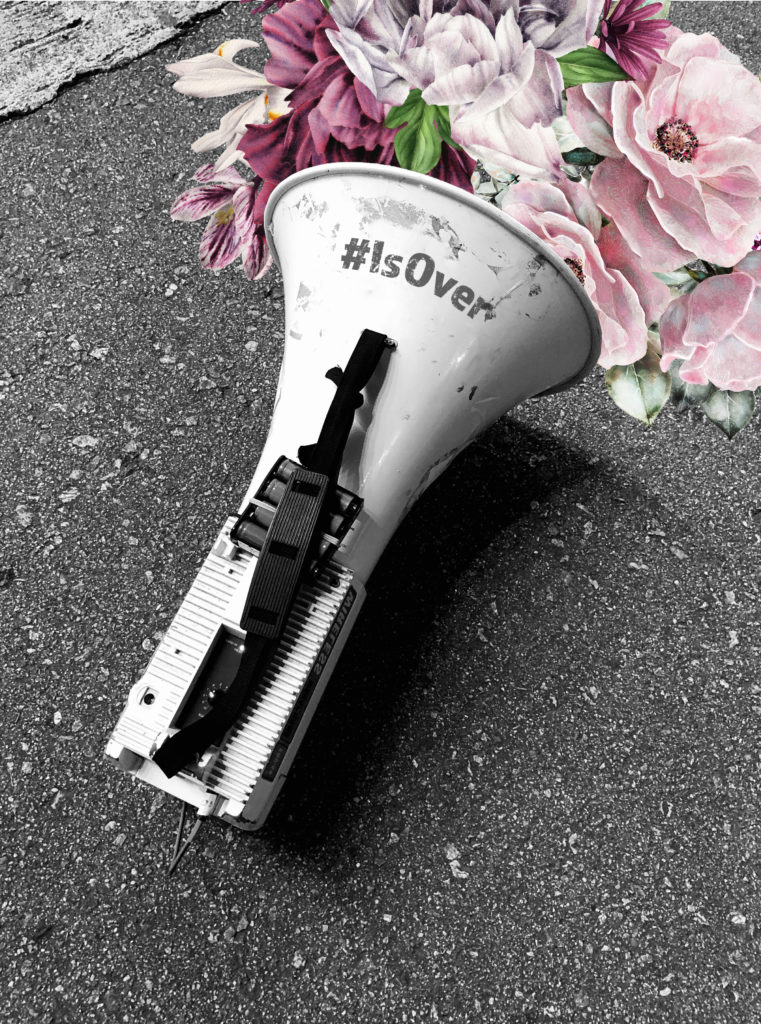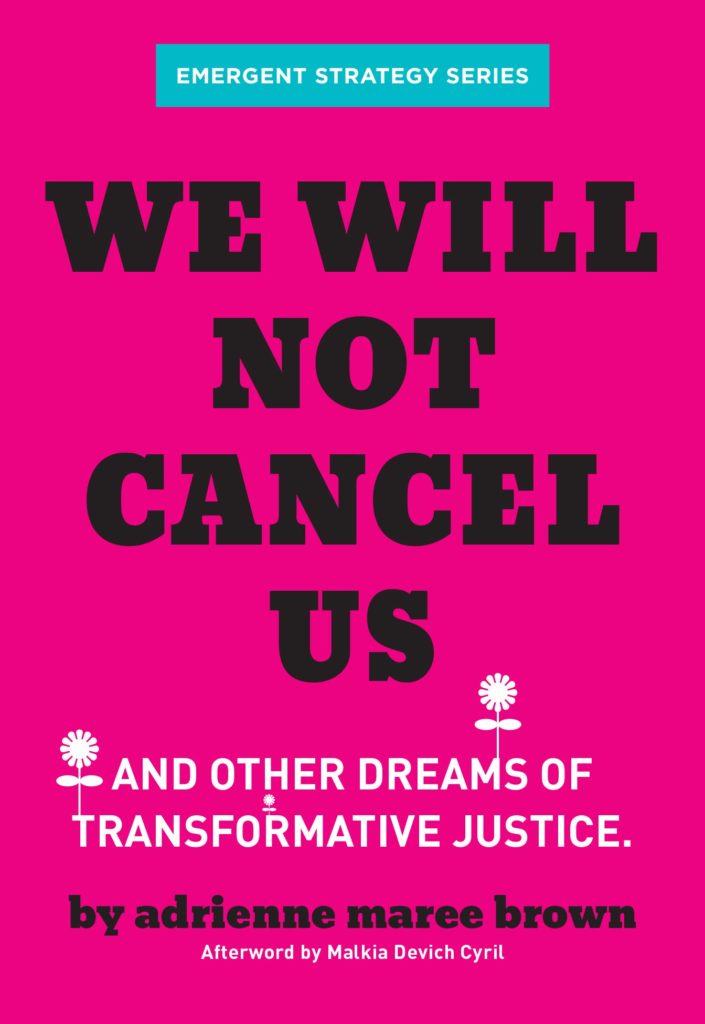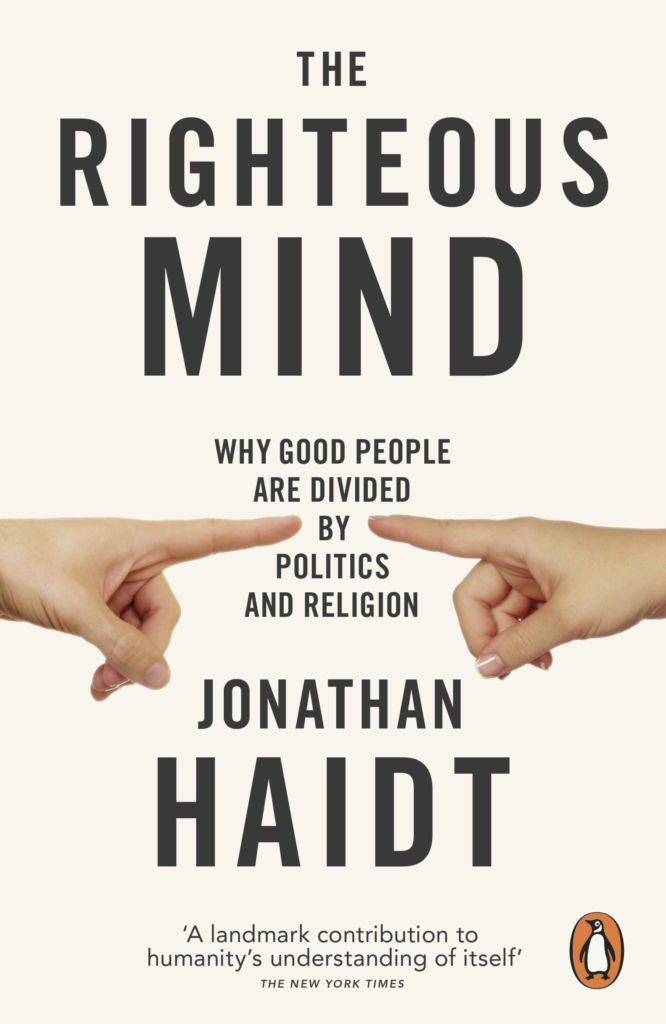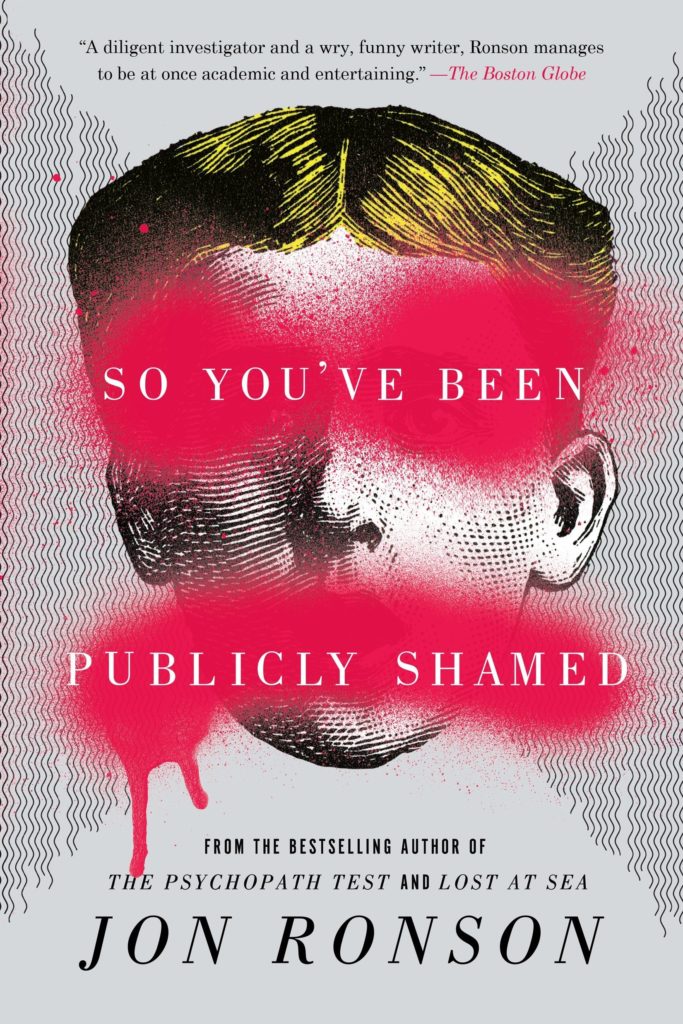
Though it feels like ‘cancel culture’ is a relatively new concept — one which has become so popular recently it’s now almost meme-ified — the term can be traced back to a 2014 episode of US reality TV show Love and Hip Hop: New York.
Not long after, the term was picked up by Black Twitter. In 2013, the late British author and cultural theorist Mark Fisher wrote one of the first in-depth criticisms of the new online phenomenon, citing digital call-out culture as a reason for increased division between both political and socioeconomic classes.
Nowadays, cancel culture is at the root of discourses surrounding digital and social- media activism, and the term has been used by everyone from actress Jameela Jamil to author JK Rowling.
Cancel culture has been effective at combating sexism, racism, and various other kinds of harmful abuse or wrongdoing to others; it has held people and businesses accountable for their actions in ways that weren’t possible in the past, and has helped minority groups to reach the masses. But as the world has turned increasingly digital — and events have resulted in rising levels of stress, anxiety, and uncertainty — this culture around cancellation, public shaming, and humiliation has become increasingly toxic.
As a result, many are calling for a new system that brings people together, instead of pushing them apart.
Catalyst for change
When done right, cancel culture can be instrumental in effecting positive change, especially when concerning companies or people in power who would be near impossible to hold accountable otherwise. In 2020, staff members of The Wing, the US women’s only co-working space, which marketed itself as being a feminist utopia, set up an Instagram account named flewthecoup where current and former staff members shared experiences of workplace discrimination, racism, and allegations of sexual assault.
The stories shocked The Wing’s 10,000 plus members — myself included — who were putting money into the business because of the values it projected externally, which it was severely lacking internally. Condé Nast title Bon Appétit was another workplace to have a public reckoning during the Black Lives Matter protests with the magazine’s editor of a decade, Adam Rapoport, outed for his racist behaviour and the company coming under fire for instances where Black and people of colour staff members were severely underpaid compared with their white counterparts.
Most recently, the hugely popular Gimlet Media podcast Reply All got two episodes into an investigation about the toxic workplace behaviour at Bon Appétit before the hosts themselves were called out on Twitter for contributing to that very culture at Gimlet Media.
“Imagine making a podcast about workplace racism when you, yourself, have been incredibly racist! In the workplace!” a former staff member commented on Twitter.
Online discourse is becoming increasingly hostile. Recently, people in Australia were called out for participating in Australia Day — also dubbed ‘Invasion Day’ for being set on the date of British colonisation and the subsequent murders of the country’s Indigenous population — despite some of the most prominent people doing this public shaming being at Australia Day parties exactly one year ago.
Everywhere, people are being cancelled for appearing to not comply to Covid-19 guidelines, when very rarely anyone has bothered to ask the circumstances of their situation. This kind of performative activism — using Twitter’s 280-character limit to cancel someone, while simultaneously demonstrating how much you know on the topic — isn’t resolution focused.
It’s focused on one person’s individual need to showcase their knowledge, no matter how recently that knowledge was learned or how much more constructive it would be to instead facilitate a conversation that allows for growth and learning.
Situations then become inflamed because one person feels the other is attacking who they are as a person. The result is that instead of opening our minds to the other’s point of view, we focus on defending ourselves; on talking instead of listening.
Because of this combative way we’re interacting online, people are increasingly retreating to separate corners of the internet. A prime example is the division
in the US surrounding former president Donald Trump.
Liberals and the left often take the stance that anyone who voted for Trump is an idiot who deserves no airtime — there is no point even trying to find common ground. But, when half of the country—74 million people — believe in someone or something, surely it’s worth trying to understand why.
The effect of this disconnect, and of social-media algorithms as a whole, which show us content that aligns with our values in a bid to make profit off them, is people only communicating with those who agree with their rhetoric. In turn, this results in dangerous ideas being spread with no moderation.
Anger is then reinforced by the platforms it takes place on. Studies have shown content that outrages is more likely to be shared because people are far more likely to comment on something if it angers them than if they agree with it. Online platforms therefore have an incentive to push forward the most extreme versions of every argument.
In fact, a 2018 study found that on Twitter fake news spread six times faster than real news. As we saw on 6 January 2021 in the US with the attack on The Capitol, this digital fury can result in real-world violence.

Rethinking calling out
Cancel culture has also become a way for people to excuse themselves from publicly projecting dangerous beliefs. Notably, in 2020, a seemingly well-meaning Harper’s Magazine open letter signed by 153 prolific people, most of who were scholars and writers, was widely criticised.
The letter condemned cancel culture, calling it an assault against free speech, but included figures such as JK Rowling, whose anti-trans rhetoric has resulted in one of the world’s most at risk minority groups facing even more violence and discrimination.
This movement by the elite to co-op cancel culture proves that the topic has increasingly become a class issue. Responding to each perceived instance of wrongdoing with the same punishment — social outcasting — ignores important distinctions of privilege when it comes to who suffers lasting consequences.
Celebrities, such as chef Alison Roman, who was cancelled during Black Lives Matter, and comedian Louis CK, who was cancelled during #MeToo, have the means and financial security to take six months away from the spotlight before apologising and returning to their jobs in some capacity. Everyday people often aren’t afforded such luxuries.
This division between power and class dynamics has prompted academics to point out the crucial difference between punching up and punching sideways when it comes to cancel culture. The former a way to enact real change in politics and corporations — yes, it’s perfectly fine to call out a powerful billionaire for spreading hate speech — and the latter a way to shame, humiliate, and further divide society.
Academic, activist, and author Loretta J Ross is one of the most prominent figures advocating for a shift to replace call- out, or cancel culture, with call-in culture. Though she agrees that it can be beneficial when concerning people in power, she advocates it should otherwise be used as a last resort.
The Smith College professor defines ‘calling in’ as being similar to calling out but done privately and with respect through messages, phone calls, or in-person discussion. In one of her online courses on the topic, Ross says, “Calling out assumes the worst. Calling in involves conversation, compassion and context. It doesn’t mean a person should ignore harm, slight or damage, but nor should she, he or they exaggerate it.”
Ross says that we have to fight for human rights without violating human rights and follows the philosophy that a group of people thinking the same things and moving in the same direction is a cult, but a group of people thinking different things and moving in the same direction is a movement. Instead of rushing to publicly shame someone, she calls on us to put our egos aside and to go into conversations with the hope of facilitating real change.
As actress Jameela Jamil put it while speaking on BBC’s Radio 5 about cancel culture in 2020, “I am a fallible human being. I try not to make mistakes but when I slip up, I refuse to then be cast away forever. Most human beings are capable of change and decency and doing better.”
Instead of seeing cancel culture as its own separate microcosm, I’ve increasingly become interested in exploring the link between this way of thinking and the way it contributes to wider society as a whole — most notably, the way it reinforces capitalism and supremacy.
If we are all busy fighting each other online, spending hours crafting the perfect public reply to ensure that we sound smart; concise; and, most important, aloof, the result is that we’re too distracted to look at the bigger picture or what could be done to change the problem at its core. The Wing may be gone, but the systems in place that allowed it to thrive undetected for years are not.
Adrienne Maree brown, the author of We Will Not Cancel Us: and Other Dreams of Transformative Justice agrees. Though she encourages a move towards call-in culture, her theory goes a step further: brown hopes that society will eventually pivot to ‘transformative justice’, a concept which is centred on using community to facilitate healing.
“If we want to transform systems like white supremacy, capitalism, patriarchy and ableism — systems which only work by rooting within us and distorting our view of the world — we must transform how we understand everything, including ourselves,” she says.
“Once we liberate ourselves from the impossible idea that we can perform a political perfection, we can actually begin to acknowledge and uproot the systems from our own practices, relationships, and formations.”
Starting a conversation
What brown advocates for — transformative justice — is the process of society learning to centre relationships and resilience in community, and create processes of accountability that can actually end cycles of harm.
Her approach seems radical at first, but it’s also one that thousands were chanting on the streets last year: abolition. An overhaul of the current way society addresses conflict.
“We must relinquish the myth that punishment and public shaming ends harm,” she explains. Though it feels beyond comprehension to imagine helping people who’ve caused serious pain and suffering, Ross demonstrated how this can work back in the 1970s.
Using her own story of sexual assault, she worked with incarcerated rapists to help facilitate growth and healing. As a result, the group formed Prisoners Against Rape, the US’s first anti- sexual assault programme led by men. If Ross can do that, surely we can send a direct/ private message asking if someone is aware that it’s insensitive to celebrate Australia Day before publicly bashing them online.
Looking back at Mark Fisher’s 2013 article, ‘Exiting the Vampire Castle’, the answer was already there for us all those years ago in plain sight: when it comes to cancel culture, “we need to learn, or re-learn, how to build comradeship and solidarity instead of doing capital’s work for it by condemning and abusing each other.
This doesn’t mean, of course, that we must always agree — on the contrary, we must create conditions where disagreement can take place without fear of exclusion and excommunication.”
Required reading

We Will Not Cancel Us: And Other Dreams of Transformative Justice, by Adrienne Maree Brown
Criticism of call-out culture doesn’t tend to come from those in society who can benefit from it. Adrienne Maree Brown explores whether we can benefit from call-in culture through a Black, queer, and feminist lens in We Will Not Cancel Us.

The Righteous Mind: Why Good People Are Divided by Politics and Religion, by Jonathan Haidt
We might think that our belief systems are well rationalised, but much of what we think and believe in comes down to intuition, says psychologist Jonathan Haidt. In his book The Righteous Mind, Haidt explains why we can all benefit from learning from those who disagree with us.

So You’ve Been Publicly Shamed by Jon Ronson
While delving into the history of public shaming, British journalist Jon Ronson still manages to pepper a good dose of humour throughout his 2015 title, So You’ve Been Publicly Shamed.










